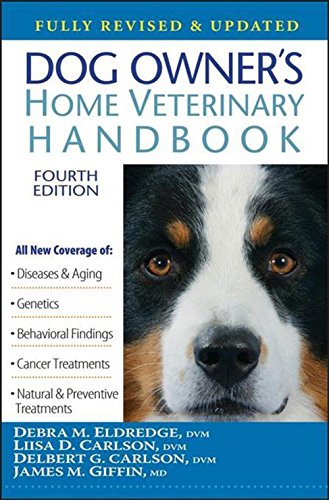Being Familiar With Bad Breath Remedies And The Underlying Diseases That Set-off Canine Halitosis
Halitosis, or bad breath, is as an offensive odor a majority of dog owners begrudge. Bad breath in dogs is a common pet odor grievance. Causes are commonly connected to the plaque on the teeth and gums and fortunately are hardly ever a manifestation of other far more critical diseases. Plaque swiftly hardens and results in in the buildup of calculus on the teeth and this is the principal cause of gum inflammation. This develops to some extent in all dogs over the age of 2.
A dog's oral cavity preserves an eco-system of bacteria. The most prevalent cause of halitosis is the presence of increased portions of detrimental bacteria resulting in periodontal disease. Bacteria are drawn to the tooth surface in just hours of a dog's teeth being cleaned. Within days, the plaque becomes mineralized producing calculus. As plaque ages and gingivitis develops into periodontitis (bone loss), bacteria changes from somewhat irritating strains to bone destroying forms which generate hydrogen sulfide leading to halitosis.
Advanced stages of periodontal disease are painful and dogs can endure a great deal of pain. It is important to remember a dog's biology distinguishes between acute pain and constant pain. Dogs will deliberately try to conceal pain from injuries such as broken bones and decaying teeth, this is a survival mechanism remnant from their wolf days guarding them from looking vulnerable to predators. Indicators that your dog is going through pain can be troubles chewing hard food, others may be the dog pawing at their mouths. Regrettably most will not show any signs.
Halitosis is quickly diagnosed by smelling your dog's breath. If there is a unpleasant odor, halitosis is present. If the dog's bad breath continue to persist or gradually becomes worse after the teeth cleaning treatments are done a veterinarian examination is vital. If the a diagnosis is not obvious after oral examination, blood tests will be considered to check for internal disease.
Helpful halitosis remedies hinge on the cause, meaning the severeness of the plaque and tarter on the teeth and gums as well as infection. There are 4 identified stages of periodontal disease. The first two (early gingivitis and advanced gingivitis) are treated by dog teeth cleaning products formulated with natural anti-bacterial ingredients, these products are primarily available directly from online dog nutrition organizations. As the disease advances bone loss takes place causing periodontitis which may call for surgery or tooth extraction.
Antibiotics may be employed to destroy periodontal disease causing bacteria. Frequently the antibiotics are utilized in a pulse therapy fashion (given the first five days of each month). Oral
rinses comprising chlorhexidine are helpful. Odor neutralization of hydrogen sulfide arises with the use of zinc citrate.
Once the actual periodontal disease has been dealt with, your dog's halitosis will disappear. Nonetheless prevention is always a far superior process for dealing with your dog's oral health. Revolutionary approaches to dog health care are no longer limited to the veterinarian profession. Fresh organizations specializing in the nutrition and health of canines are also devoted to educating owners on their conclusions. As a end result these enterprises online forums make it possible for dog owners to discover ground breaking procedures for preventing and treating conditions such as periodontal disease.

 Dogs :: Stomach Torsion in Dogs and How to Prevent It (Page 1 of 2)
Also known as gastric torsion, bloat, and GVD (gastric dilat
Dogs :: Stomach Torsion in Dogs and How to Prevent It (Page 1 of 2)
Also known as gastric torsion, bloat, and GVD (gastric dilat
 Top 10 Healthiest Dog Breeds
Woof!No other animal has aid
Top 10 Healthiest Dog Breeds
Woof!No other animal has aid
 Saying Goodbye to a Pet
On March 4th, 2016, we had t
Saying Goodbye to a Pet
On March 4th, 2016, we had t
 Dog Ramps for the SUV
Pets are a big part of our f
Dog Ramps for the SUV
Pets are a big part of our f
 German Shepherd Training
Credit: West Midlands Police via Flickr
German Shepherd Training
Credit: West Midlands Police via Flickr